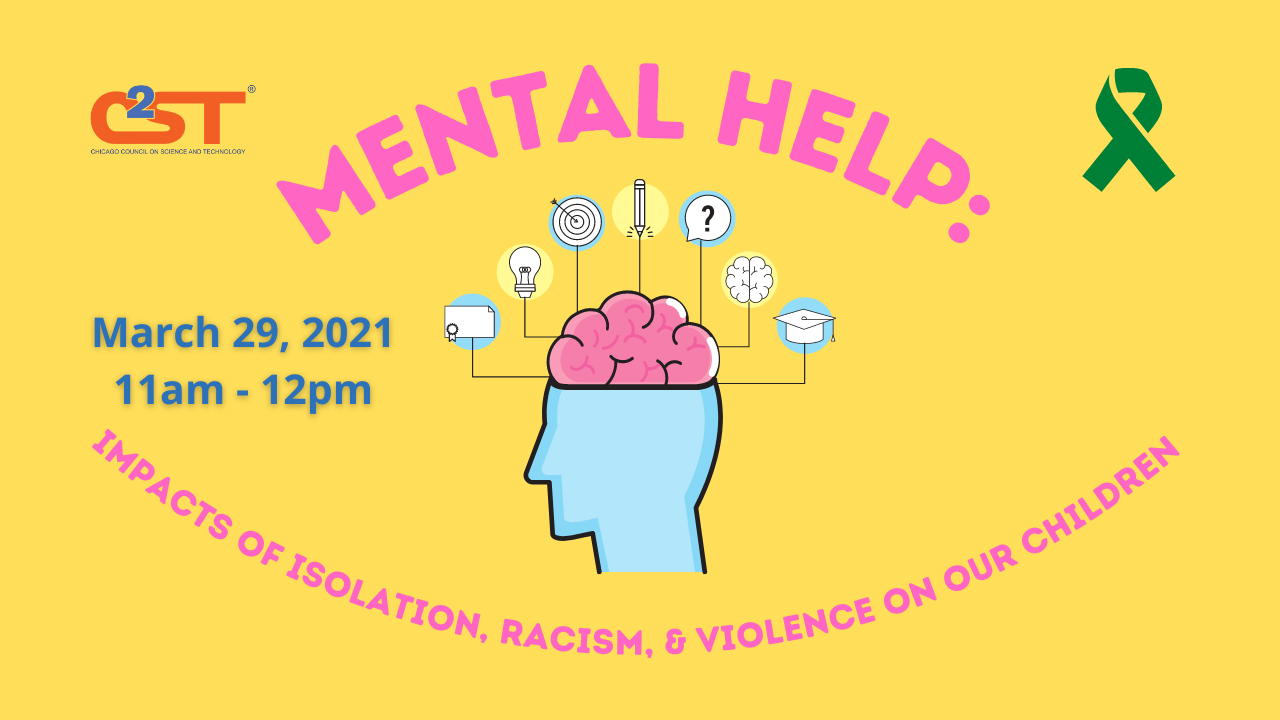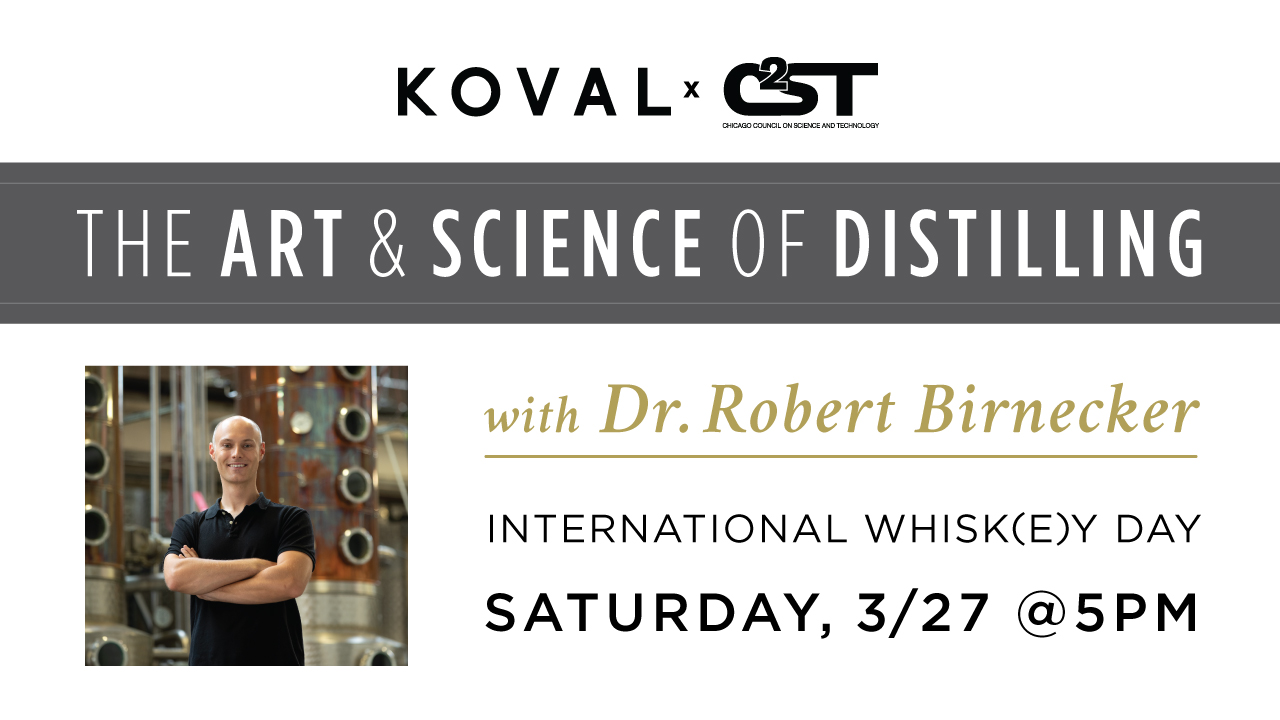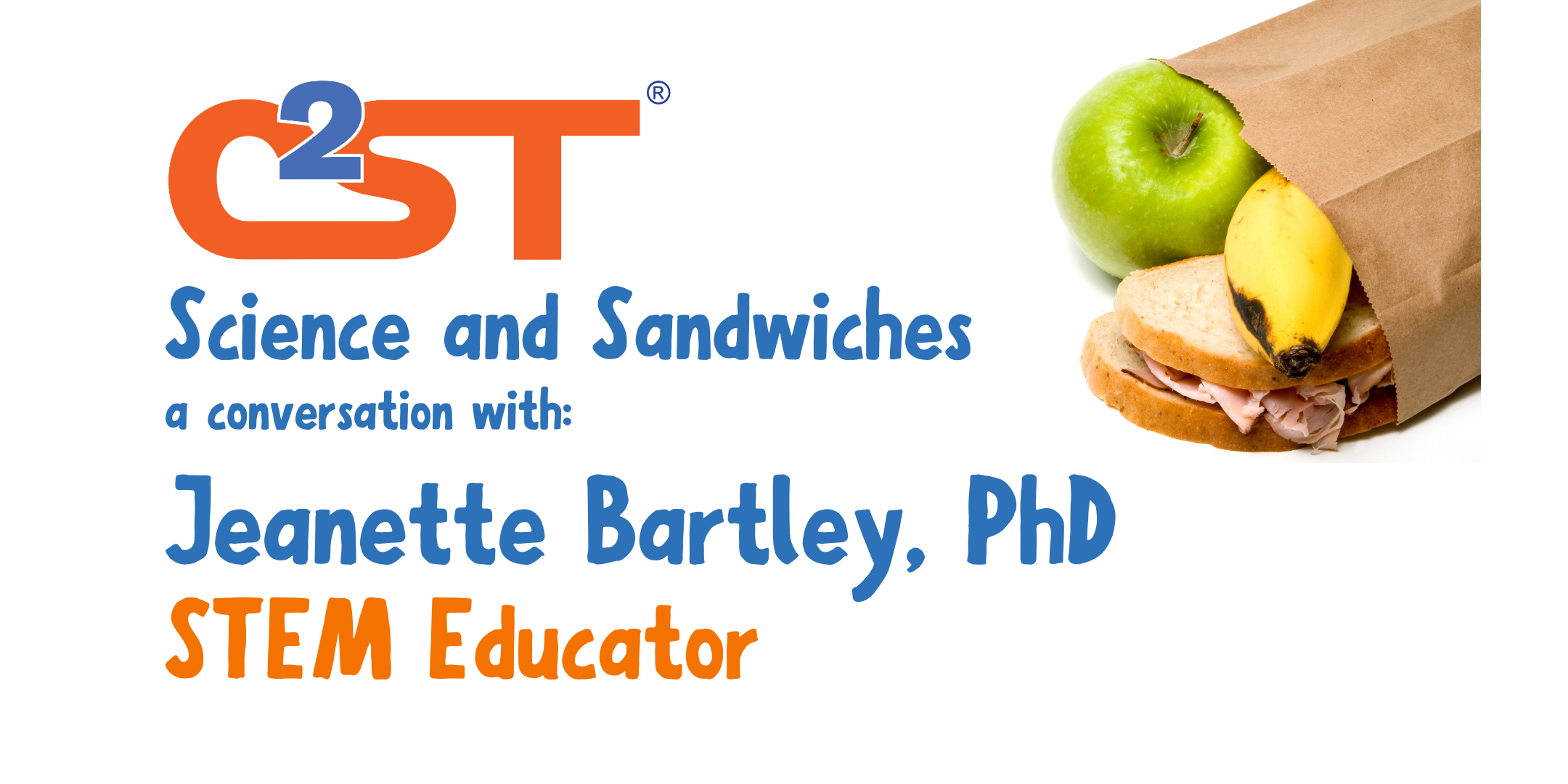
Join C2ST and Dr. Jeanette Bartley for our monthly Science and Sandwiches Program! On the first Friday of every month, we will be sitting down with an expert during the lunch hour to chat about life, about science, careers, a day on the job, and whatever else you’re interested in learning about them–within reason, anyway.
Continue reading “Science and Sandwiches featuring Jeanette Bartley, PhD”
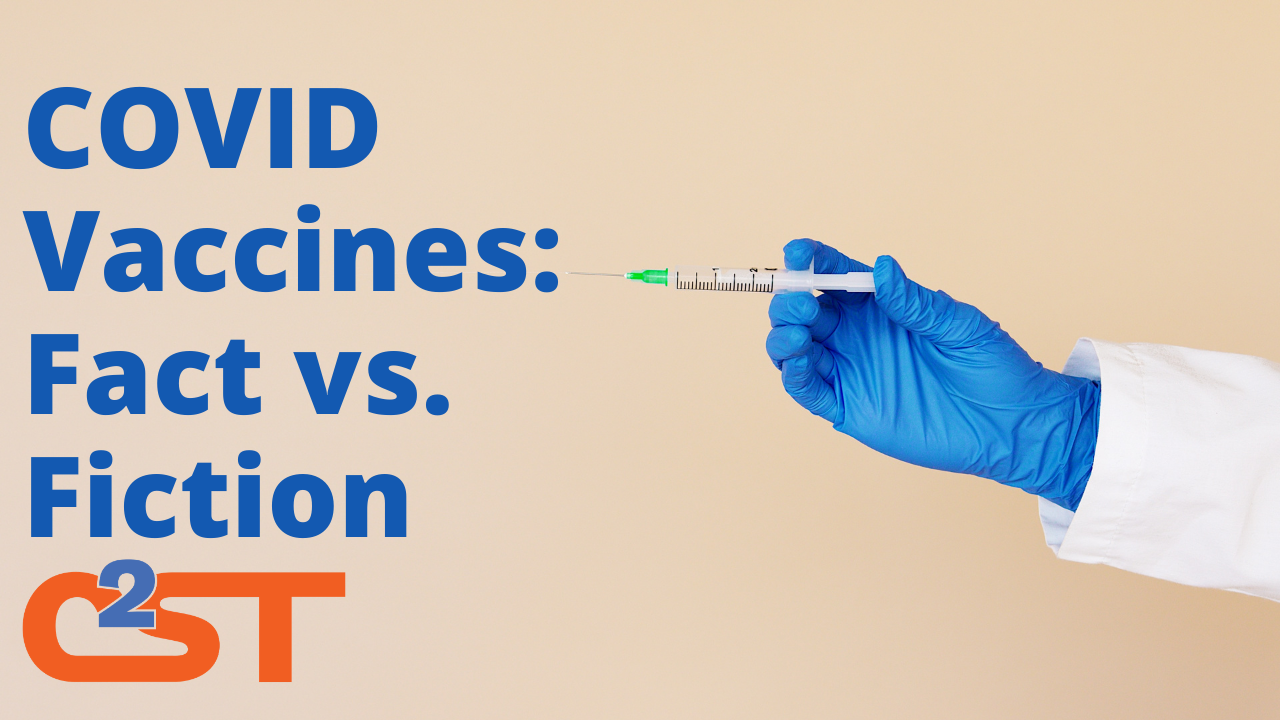
Nearly one-year into the COVID-19 Pandemic, hope is on the horizon in the form of the COVID vaccines. Dr. Michael Lin, an infectious disease physician and Hospital Epidemiologist with Rush University Medical Center, is going to discuss the importance of the COVID vaccines, how vaccines work, and answer lingering questions you may have about the vaccines and the pandemic. Continue reading “COVID Vaccines: Fact vs. Fiction”
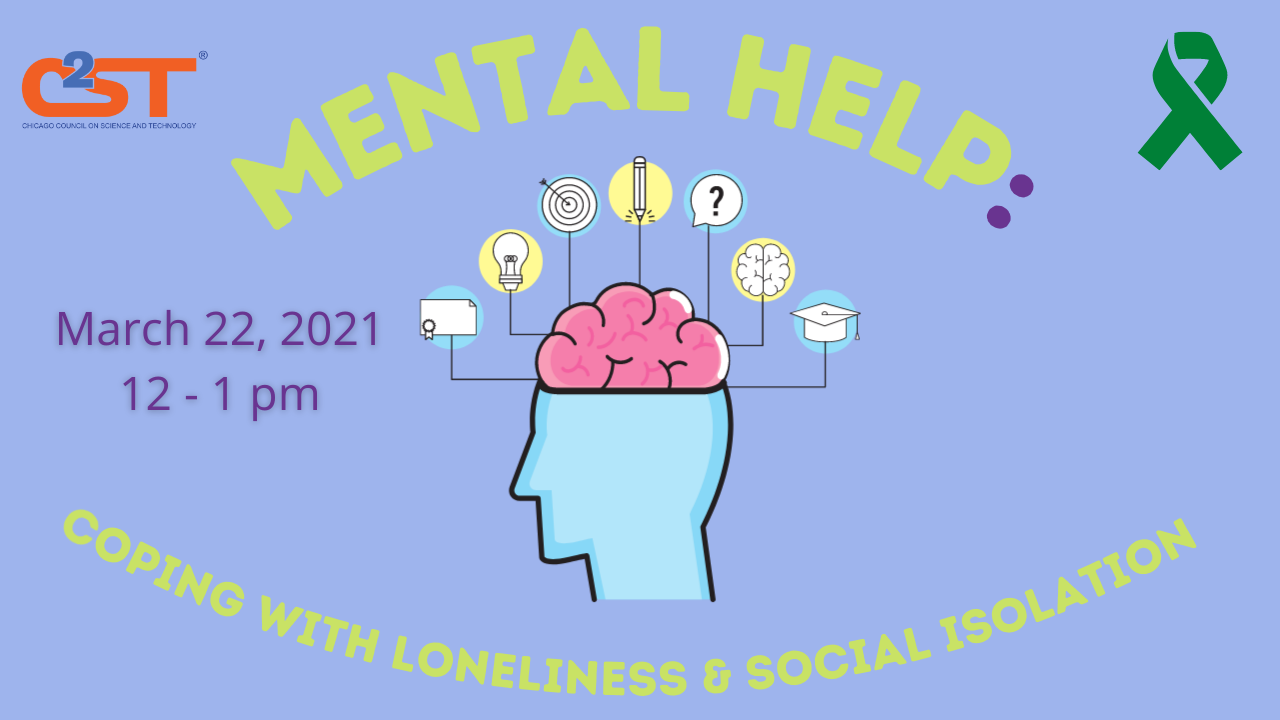
Dr. Livia Tomova (University of Cambridge) will share the research on the effects of acute social isolation on the brain. Ornella Razetto, Social Services Manager for Community Health in Chicagoland, will discuss the impact of social isolation and loneliness on mental health and offer strategies for coping with the blues.
Continue reading “Mental Help: Coping with Loneliness & Social Isolation”
